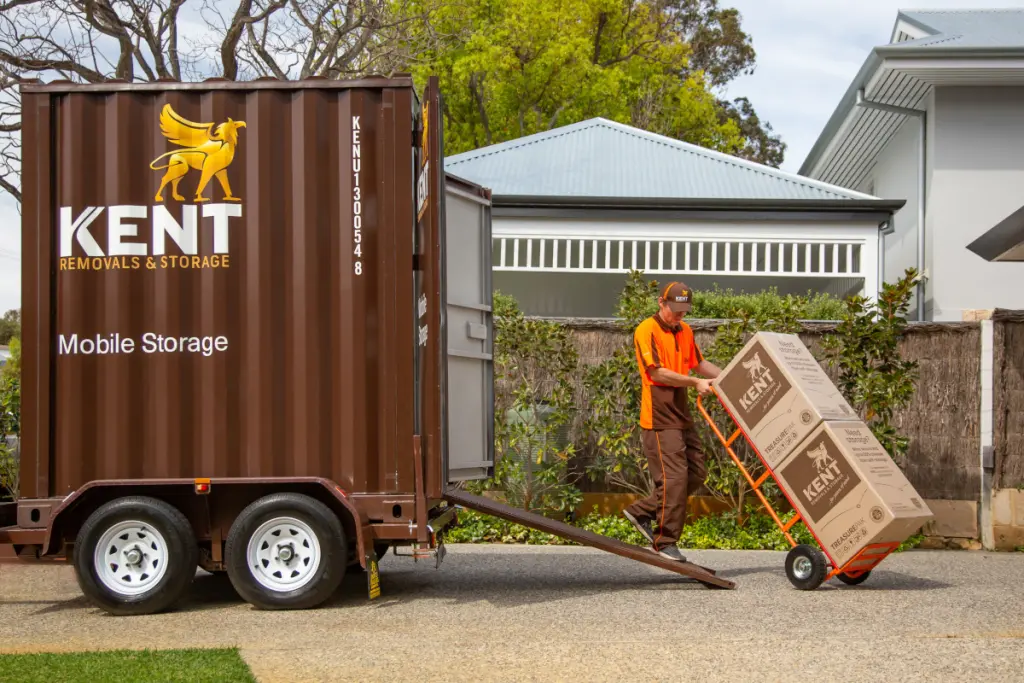Are you sure you want to restart?
Restarting will clear all your current responses and take you back to the beginning.
Are you sure you want to continue?

Free storage while you settle in
Moving interstate or overseas? We offer up to two weeks of secure storage at no extra cost—giving you time to find your new home without the pressure.
- Easily extend your storage if you need more time
- Secure, climate-controlled storage facilities
- Available with interstate and international moves
Find a branch
Storage options
- Mobile storage
- Tailored storage
Customer service
Facility access hours
Storage options
- Mobile storage
- Tailored storage
Customer service
Facility access hours
Storage options
- Mobile storage
- Tailored storage
Customer service
Facility access hours
Storage options
- Mobile storage
- Tailored storage
Customer service
Facility access hours
Storage options
- Mobile storage
- Tailored storage
Customer service
Facility access hours
Storage options
- Mobile storage
- Tailored storage
Customer service
Facility access hours
Storage options
- Mobile storage
- Tailored storage
Customer service
Facility access hours
Storage options
- Mobile storage
- Tailored storage
Customer service
Facility access hours
Storage options
- Mobile storage
- Tailored storage
Customer service
Facility access hours
Storage options
- Mobile storage
- Tailored storage
Customer service
Facility access hours
Storage options
- Tailored storage
Customer service
Facility access hours
Storage options
- Mobile storage
Customer service
Facility access hours
Storage options
- Tailored storage
Customer service
Facility access hours
Storage options
- Mobile storage
Customer service
Facility access hours
Storage options
- Tailored storage
Customer service
Facility access hours
Do you want to exit?
You may lose any unsaved changes.











